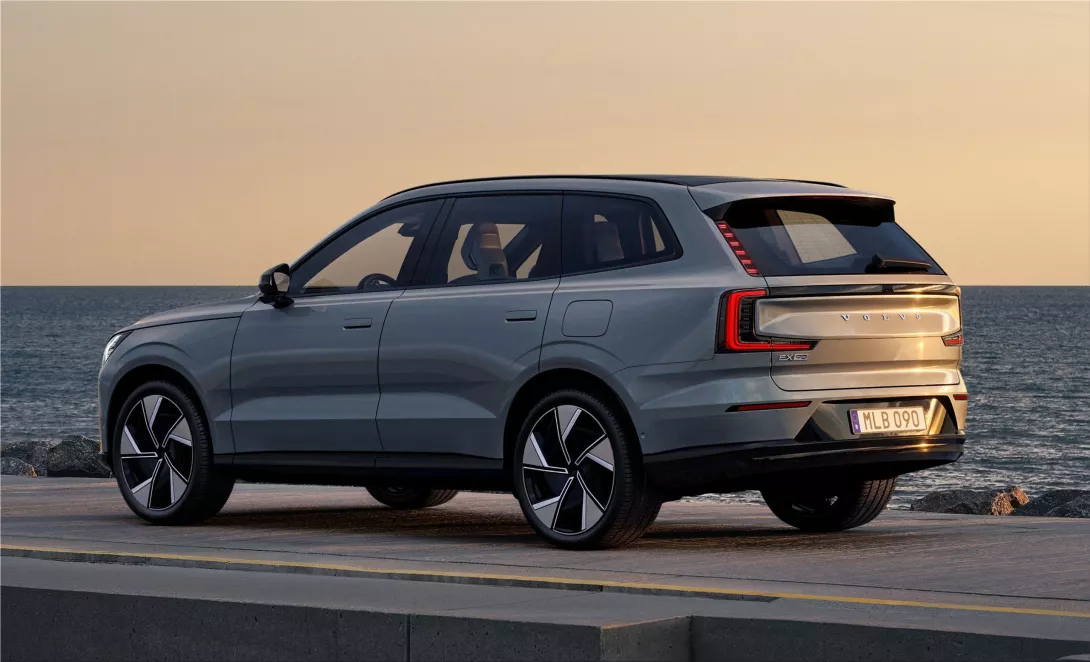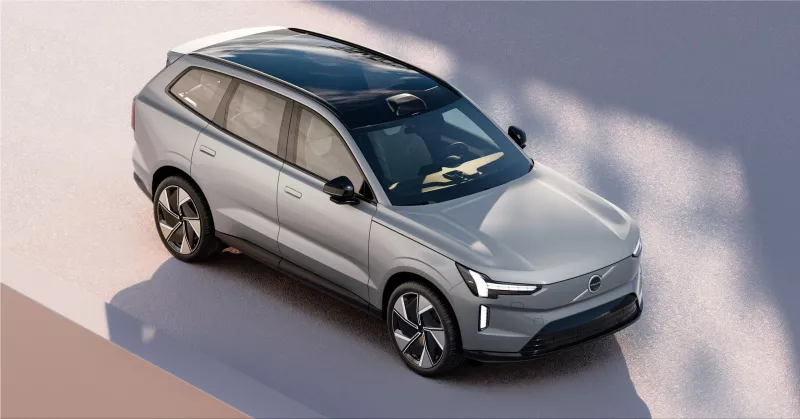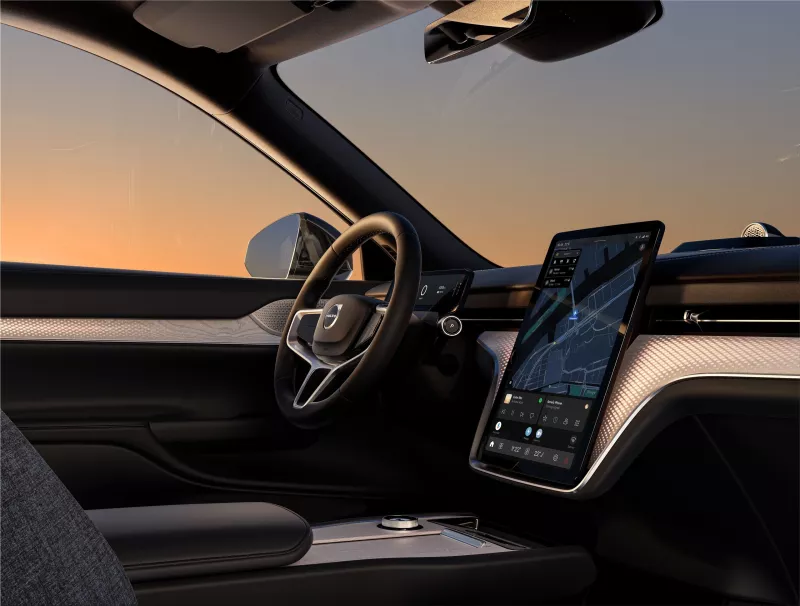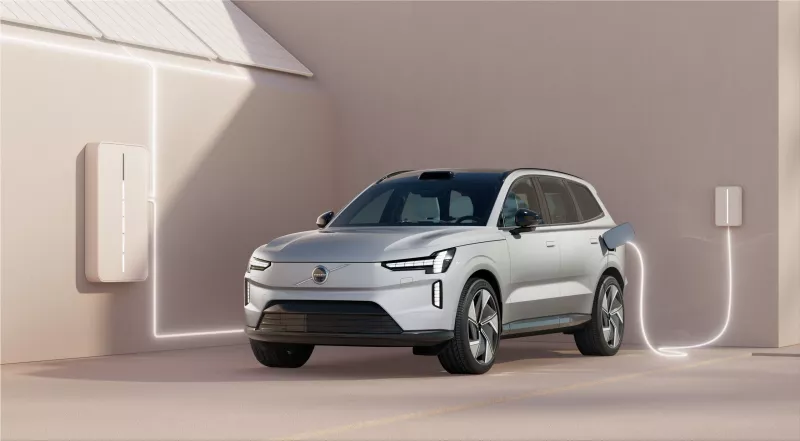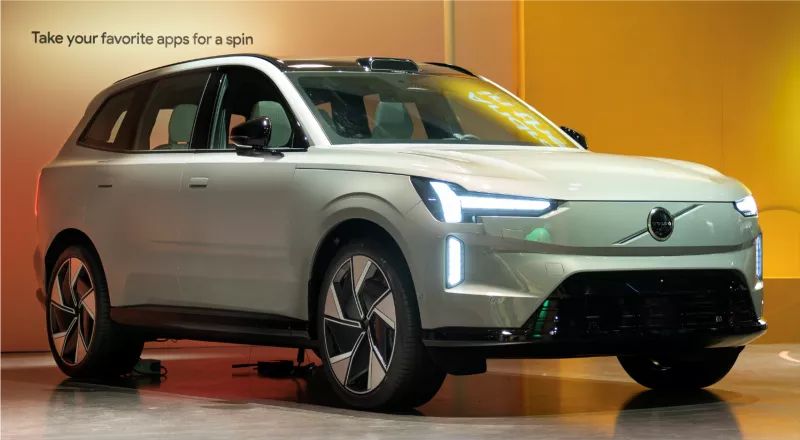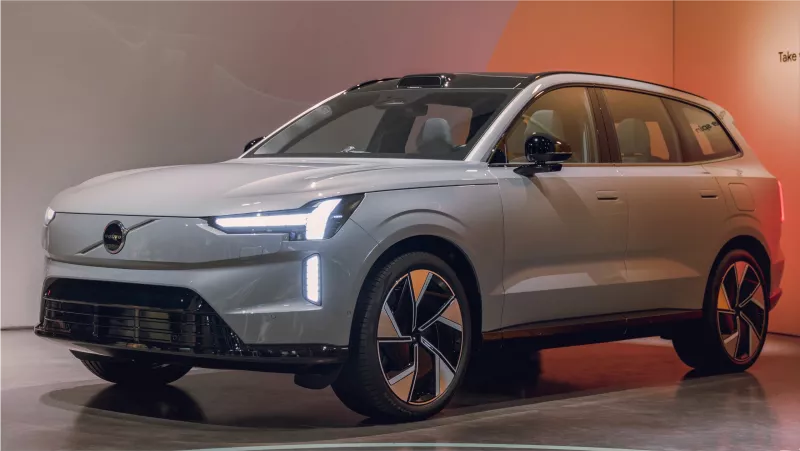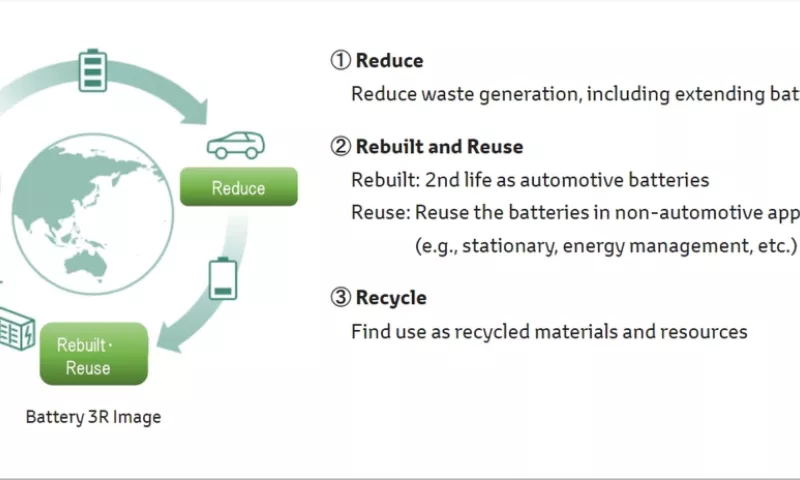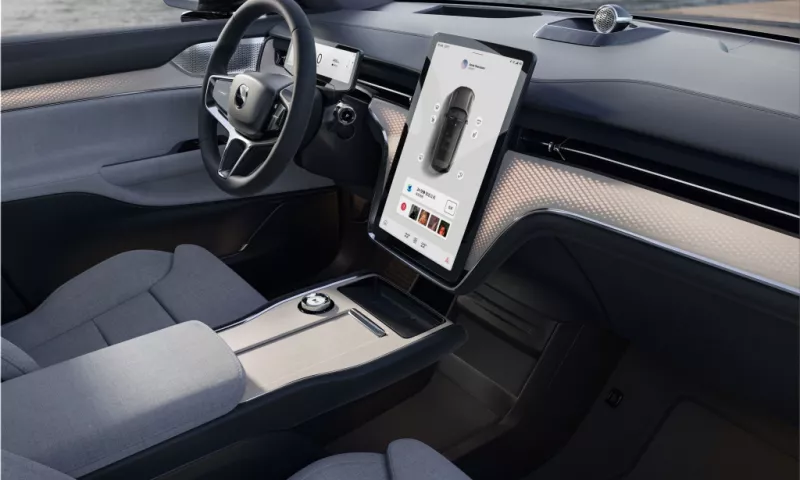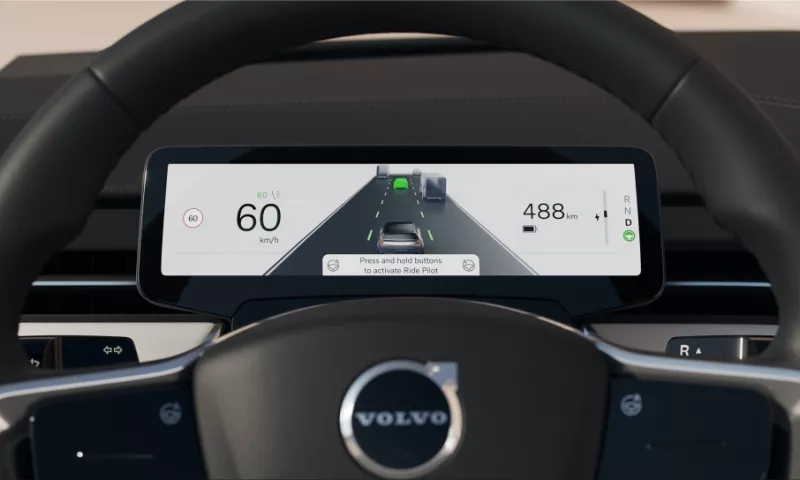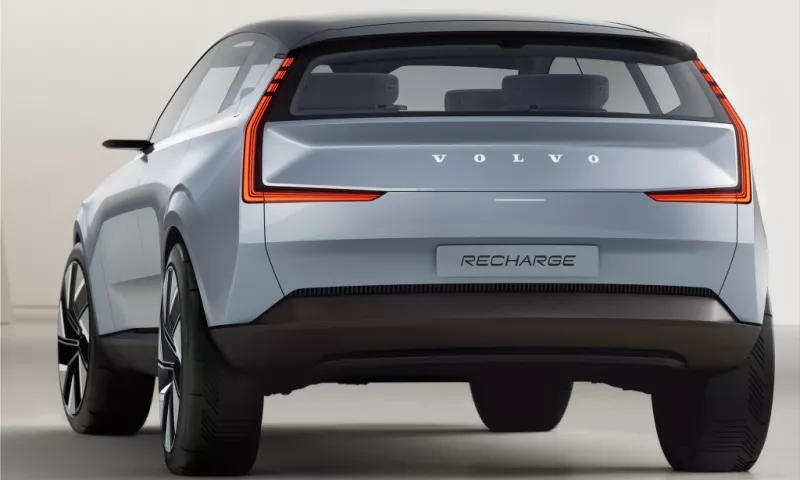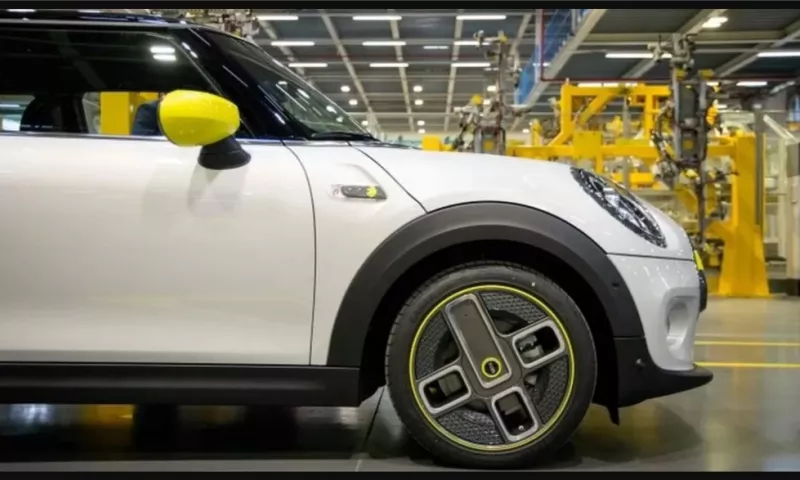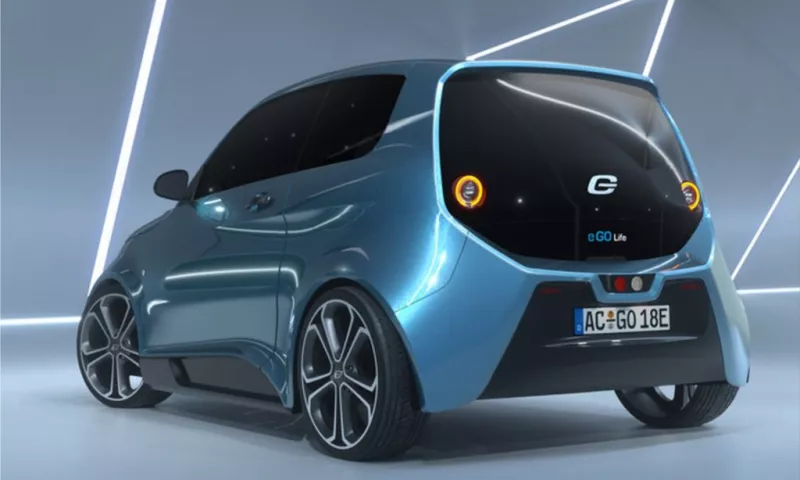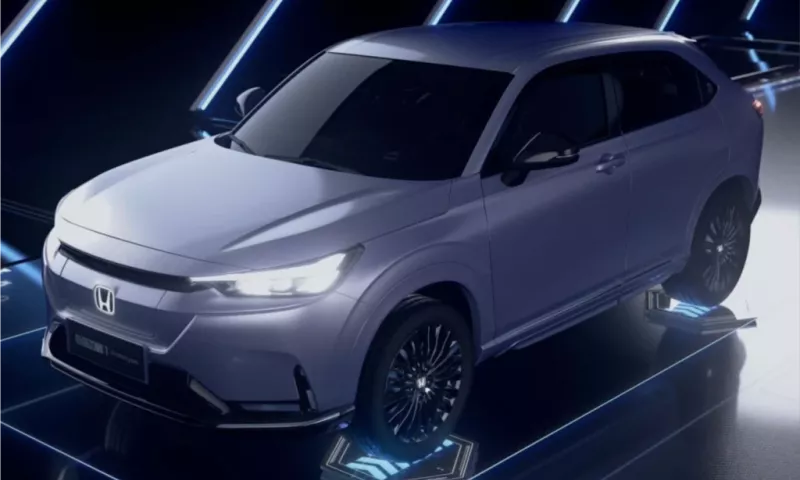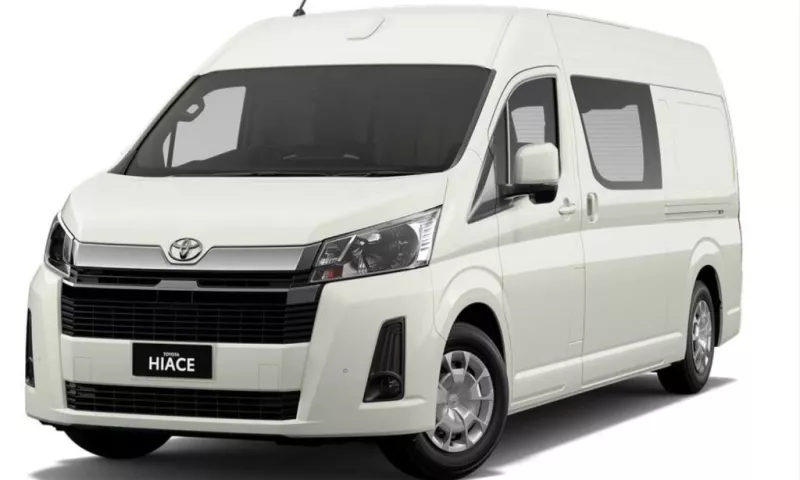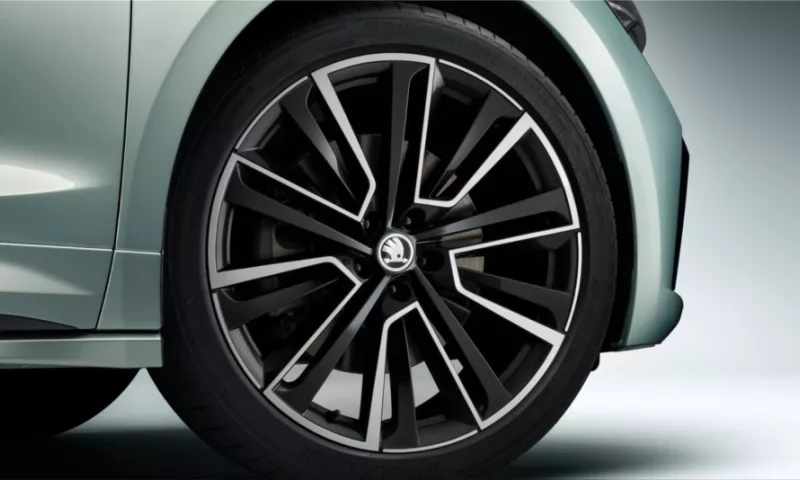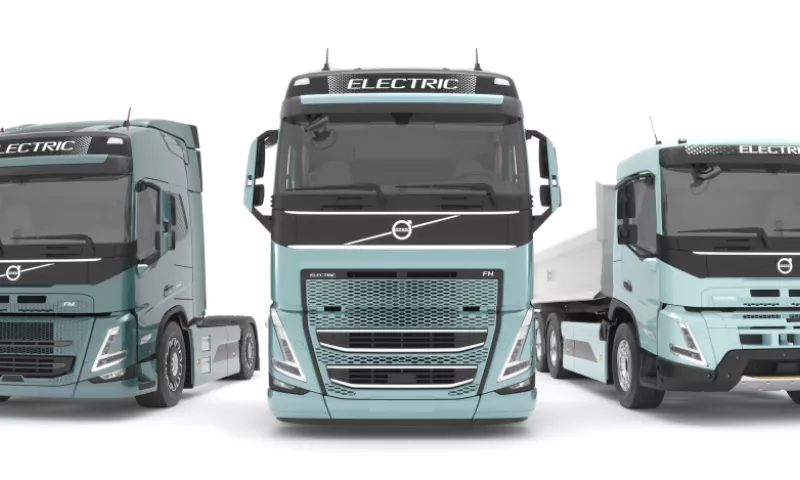The targets that Volvo has set for electric mobility have been reinforced. "Despite the enormous challenges we faced throughout the year, we made great headway toward achieving our strategic goals for 2022." Following the publication of the financial results for the fiscal year 2022, CEO Jim Rowan stated the company's objective to become a manufacturer of fully electric vehicles by the end of the decade and become carbon neutral by 2040.
It is anticipated that completely electric vehicles will account for half of Volvo's global sales by the middle of this decade. The target is an eight to ten percent increase in profitability while simultaneously achieving a footprint reduction of forty percent per vehicle. "We are unwavering in our commitment to this strategic course," stated Jim Rowan.
According to the Swedes, sales of all-electric Volvo vehicles more than quadrupled during the 2022 fiscal year compared to the previous year. They now account for 11 percent of overall sales, whereas in 2021, they accounted for only 4 percent of total sales. A massive surge in activity right before the end of the year was also responsible for this: The percentage of electric cars in the company's fleet reached its highest level ever during the fourth quarter of 2022, when it reached 18 percent, making it the highest level ever for the brand. The e-share remained at 6 percent during the same time the year before.
According to Volvo's statistics, the company's electrified "Recharge" offer, which comprises vehicles with plug-in hybrid drives in addition to fully electric versions, was also successful, achieving a share of 33 percent for the full year and 41 percent in the fourth quarter of 2022. It is essential to recognize the achievements of the markets of Brazil, Uruguay, Thailand, and Indonesia, each of which had a recharge share of one hundred percent in the last quarter. After that, Norway came in second with a score of 98 percent, followed by Sweden (91 percent) and Ireland (91 percent) (89 percent).

